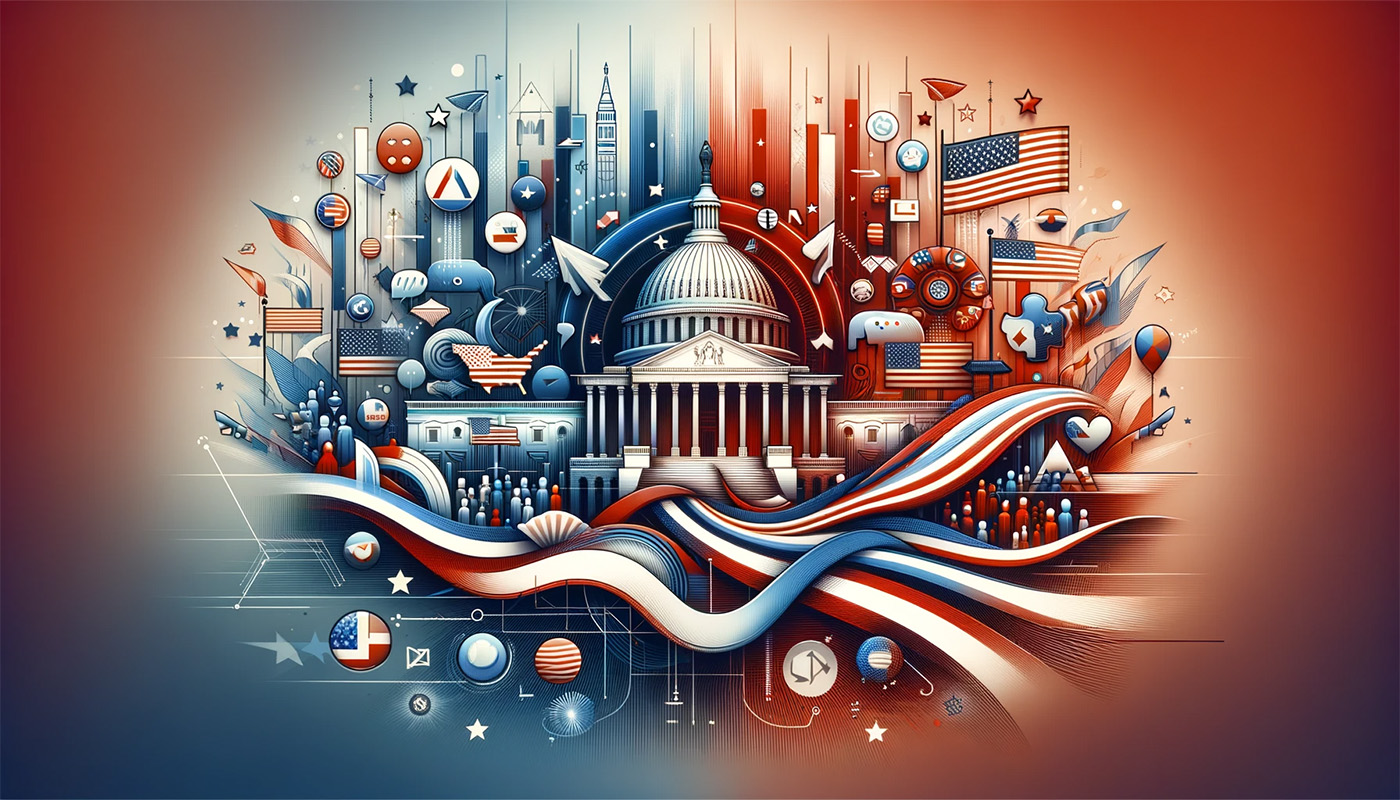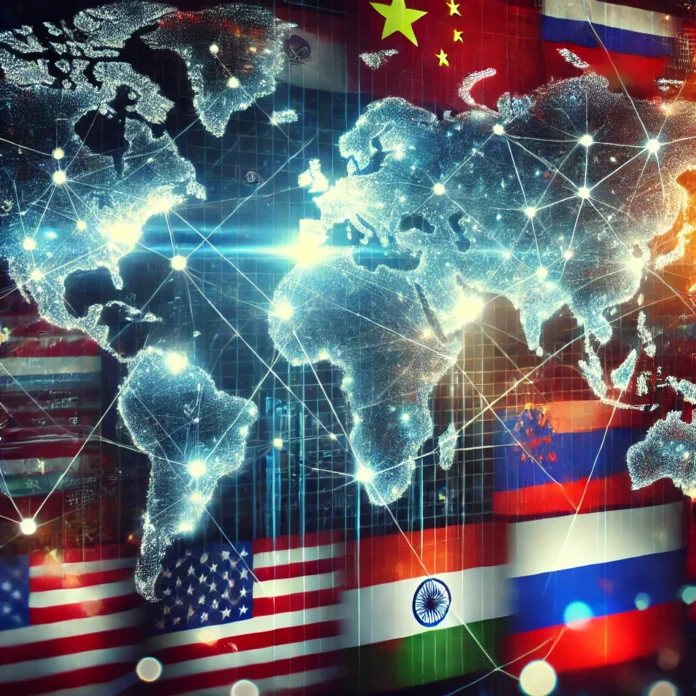How Global Politics is Changing
Global politics is undergoing a significant transformation driven by economic shifts, technological advancements, geopolitical conflicts, and evolving diplomatic relations. As nations adapt to new challenges and opportunities, the balance of power is constantly being reshaped. This article explores the key factors influencing global political change and what the future may hold.

The Shift in Global Power Dynamics
One of the most defining changes in global politics is the shift in power from the West to emerging economies, particularly China and India. While the United States and European nations have traditionally dominated global affairs, the rise of Asian powers is challenging their long-standing influence. China’s Belt and Road Initiative (BRI) is expanding its economic and political footprint across Africa, Asia, and Europe, while India is emerging as a major force in global trade and technology.
Additionally, Russia’s assertive foreign policies and military actions, such as the Ukraine conflict, have reshaped global alliances and intensified geopolitical tensions. The emergence of regional blocs like BRICS (Brazil, Russia, India, China, South Africa) suggests that multipolarity is replacing the unipolar dominance of the United States.
The Role of Technology in Political Change
Technology is playing a crucial role in reshaping global politics. The rise of artificial intelligence, cyber warfare, and social media influence has changed how governments interact with their citizens and other nations. Cybersecurity threats, including election interference and digital espionage, have become major concerns for global stability.
Social media platforms have become powerful political tools, influencing public opinion, mobilizing protests, and even impacting election outcomes. Governments worldwide are struggling to regulate misinformation and digital propaganda while maintaining free speech. The increasing role of AI in decision-making and surveillance raises ethical and political questions about privacy and control.
Economic Shifts and Trade Wars
The global economy is a major driver of political change. Trade wars, economic sanctions, and shifting alliances are redefining international relations. The U.S.-China trade war has led to a realignment of global supply chains, forcing companies and nations to rethink their economic dependencies.
Moreover, economic sanctions on nations like Russia, Iran, and North Korea have demonstrated how financial tools are used as weapons in global politics. The rise of digital currencies and decentralized finance (DeFi) also poses challenges to traditional financial systems and global economic governance.
The Impact of Climate Change on Politics
Climate change is increasingly shaping global politics, forcing nations to cooperate on environmental policies while also sparking conflicts over resources. Water shortages, extreme weather events, and rising sea levels are creating new geopolitical tensions, particularly in regions heavily dependent on natural resources.
International agreements like the Paris Climate Accord aim to unite countries in tackling climate change, but disparities in economic interests often hinder progress. Developing nations argue that wealthier countries should bear a larger share of the responsibility, given their historical contributions to carbon emissions. As climate change intensifies, global political cooperation will be crucial in mitigating its impact.
The Role of International Organizations
International organizations like the United Nations, NATO, and the World Trade Organization (WTO) have historically played a key role in global governance. However, their influence is being challenged by rising nationalism and geopolitical conflicts. Some critics argue that these institutions are outdated and ineffective in addressing modern challenges.
For instance, the United Nations has faced criticism for its inability to prevent conflicts and enforce international law effectively. Similarly, NATO’s expansion has been a point of contention in global politics, especially with countries like Russia viewing it as a threat. Reforming international institutions to make them more effective and inclusive is a growing debate in diplomatic circles.
The Rise of Populism and Nationalism
The rise of populist and nationalist movements is reshaping global politics, challenging traditional political structures. Leaders promoting nationalist policies have gained traction in countries like the United States, Brazil, and parts of Europe, leading to shifts in foreign policy and international relations.
Populism often leads to protectionist policies, reducing international cooperation on critical issues such as trade, immigration, and climate change. The Brexit movement in the UK is a prime example of how nationalism can alter global alliances and economic policies. As these movements continue to gain momentum, the future of global cooperation remains uncertain.
The Future of Global Politics
Looking ahead, global politics will likely continue to evolve in response to economic, technological, and environmental challenges. The rise of new superpowers, the influence of digital technologies, and the need for international collaboration will define the future political landscape.
While conflicts and power struggles are inevitable, there are also opportunities for increased cooperation on issues such as climate change, global health, and economic development. The key to a stable global future lies in diplomacy, innovation, and a shared commitment to solving pressing global challenges.

Conclusion
Global politics is in a state of flux, influenced by shifting power dynamics, technological advancements, economic changes, and environmental concerns. As nations navigate these complexities, adaptability and collaboration will be crucial in shaping a more stable and prosperous world. Understanding these changes is essential for staying informed and engaged in the ever-evolving landscape of international affairs.




